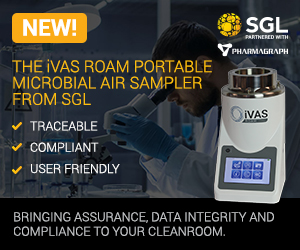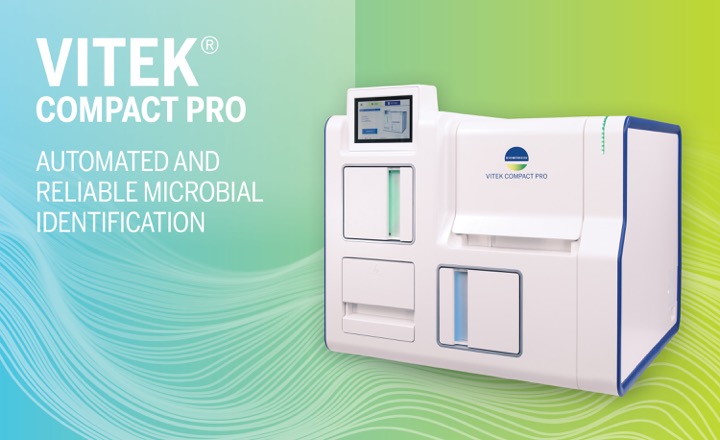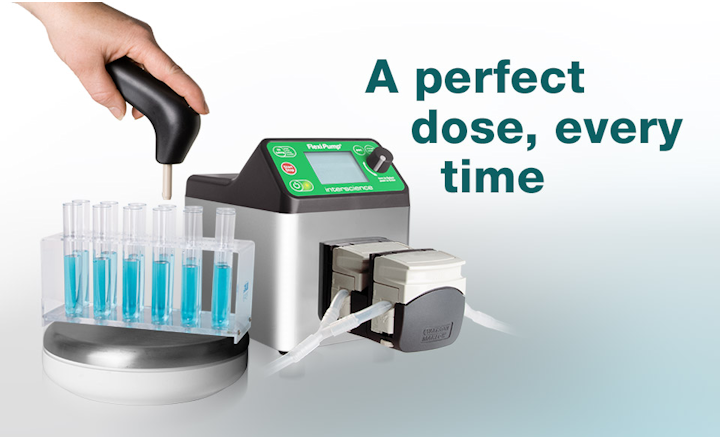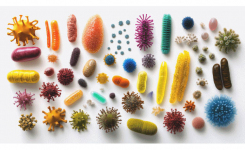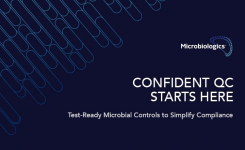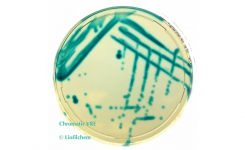Dr. Markus Kostrzewa, Vice President for Clinical Mass Spectrometry of Bruker Daltonics, pointed out: 'For both groups, we had to establish reliable sample preparation methods first, before we started to build up the respective reference libraries in order to ensure the identification quality that our customers expect from the MALDI Biotyper. In both cases the cooperation with our multinational consortia of collaboration partners has proven to be an important success factor. For mycobacteria, we had to develop the combination of a secure inactivation protocol and subsequent reliable cell disruption, using a silica-bead protocol to disrupt the cell wall and extract the proteins. This ensures the generation of highest quality reference entries for almost one hundred otherwise difficult to measure mycobacterial species.
This new MALDI Biotyper workflow is suitable for mycobacteria grown on solid media, e.g. Löwenstein-Jensen medium, or in liquid culture using the BD MGIT™ system. For fungi, the major challenge was to prevent sporulation, as different stages of sporulation may have an impact on the resulting proteomic profiles. Subsequently, we have built up the fungi library from very well characterized fungi collections from the laboratories of our fungi consortium.'
Microbiologist Prof. Dr. Dag Harmsen, Head of Research & Development at the Department of Periodontology, University of Muenster, Germany commented: 'MALDI-TOF mass spectrometry has been shown to have major clinical impact by fast species identification with broad species coverage. However, the technology was not readily available for the very demanding analysis of mycobacteria. In the past years, I have been deeply involved in molecular characterization of mycobacteria, for example by means of sequencing approaches. I am glad to see that now with the new mycobacteria library of Bruker´s MALDI Biotyper, this further dimension of molecular characterization by a proteomic fingerprint is also available for mycobacteria.'
Prof. Hof from the Mycology Laboratory of Laboratory of Limbach in Heidelberg, Germany pointed out: 'The identification of multicellular fungi to the species level is one of the most challenging tasks of many microbiological laboratories in medicine, hygiene as well as in the food industry. In cooperation with Bruker's dedicated microbiology team we worked as part of an international group of fungi experts on the identification using the MALDI Biotyper approach.
B ased on Bruker's development of the fungi sample preparation procedure, we contributed, established and validated a reference library of a large panel of the most important fungal strains. Our common efforts during the last years have shown that MALDI-TOF based molecular fingerprint of fungi provides a high differentiation power both at the species and the strain level. The analytical performance of the MALDI Biotyper when used with the fungi library is a major technological breakthrough and practical improvement when compared to more conventional approaches and technologies using microscopy and sequencing methods only.'


